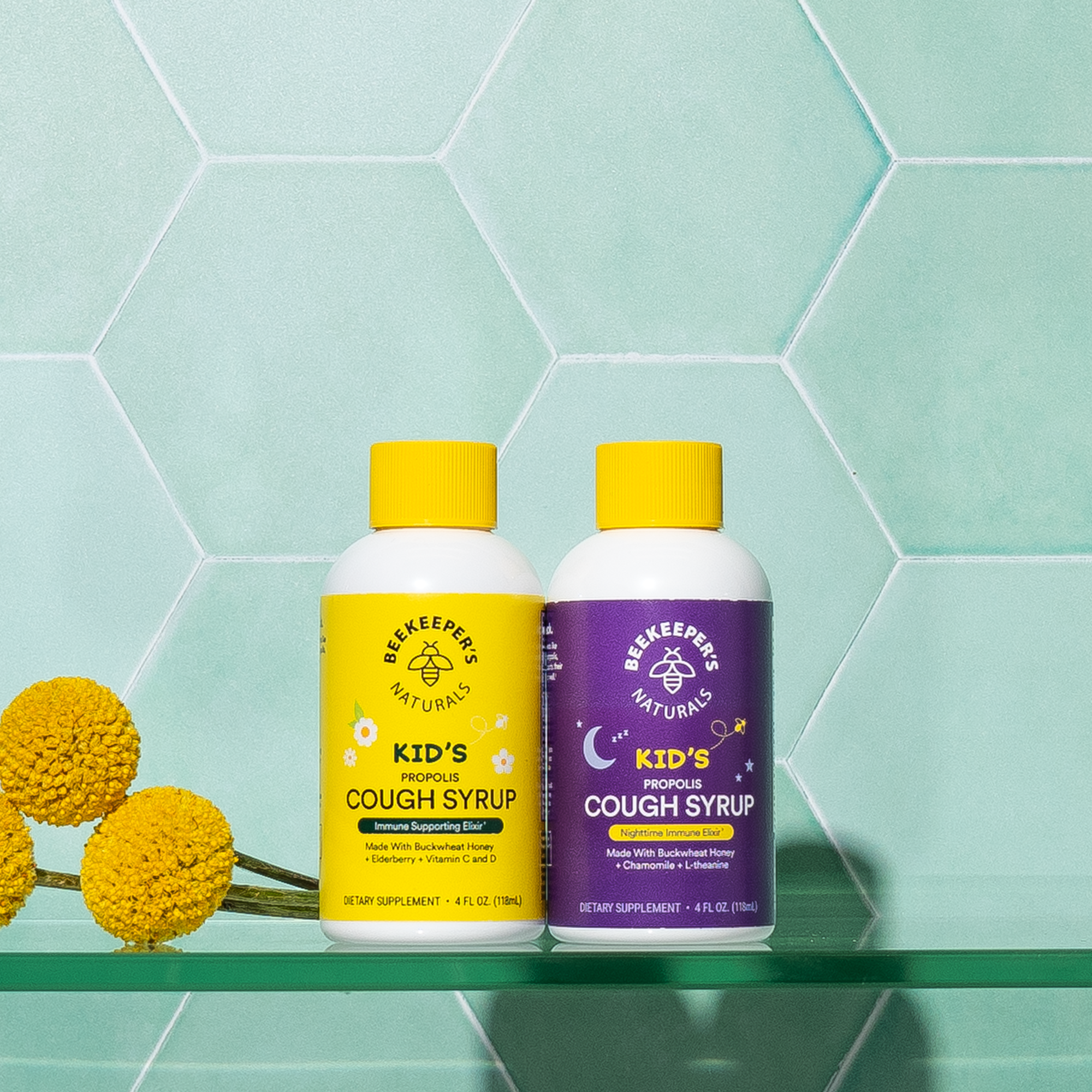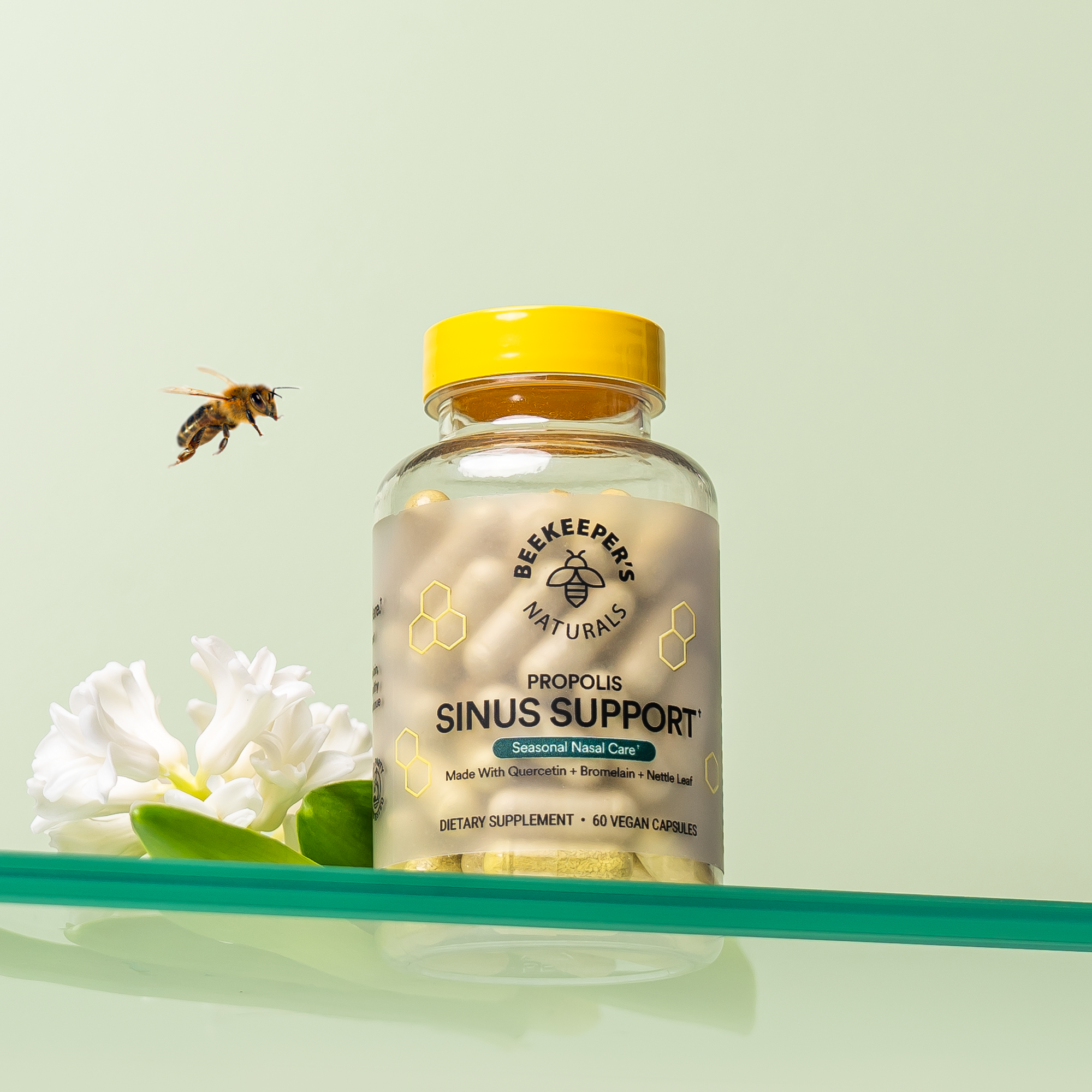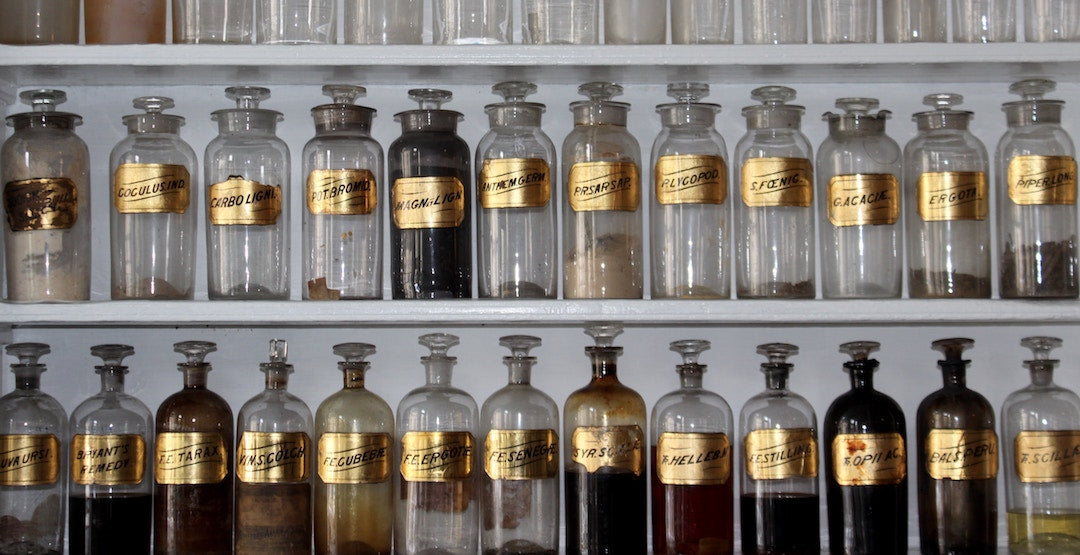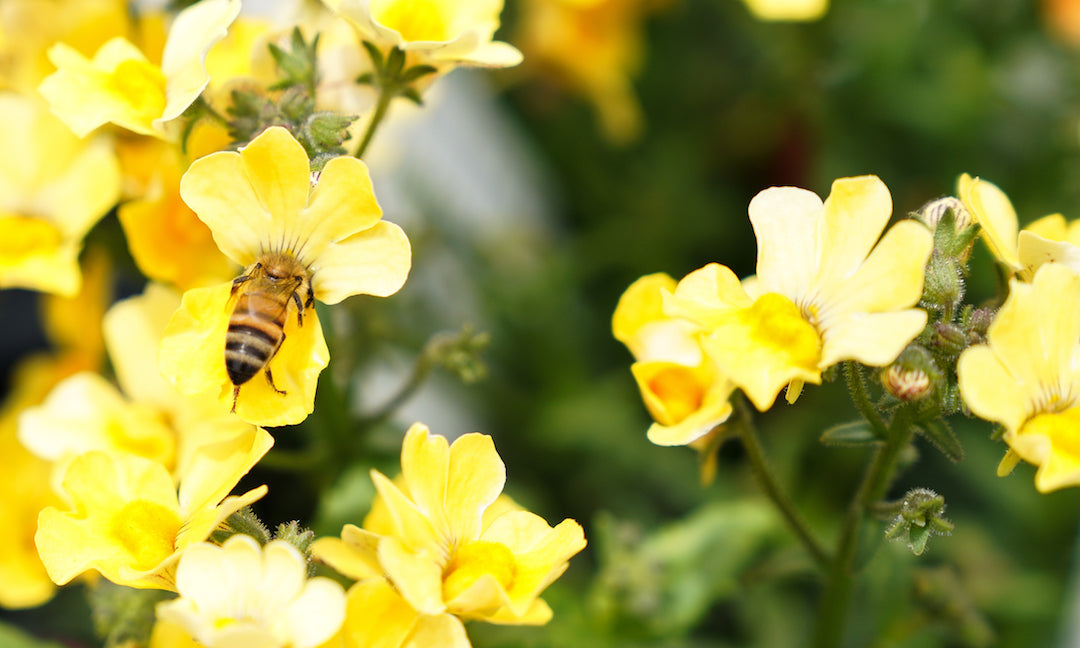You may think your salads already have enough superfoods in them, but have you heard about sprouts? Sprouts are a salad superstar that never gets enough credit.
Here's the deal: any veggie can be sprouted (it's kind of a necessary stage of plant growth). And in the sprouted stage, they are practically nutrient bombs. On a cellular level, a pound of sprouts will give you way more bang for your nutritional buck versus one pound of adult veggies. Their high amounts of nutrients and enzymes not only allow for easy absorption in the body, but also help with cleaning and regeneration of cells.
Sprouts also contain highly active antioxidants that help prevent cellular damage and counter the negative effects aging has on our body. So, yeah, they're superfoods, but sprouts are also super tasty. Just pick out your favorite green and sprout it! Popular flavors range from daikon radish to clover to even kale. But the sprout making the healthiest headlines?
Broccoli. Yep, humble broccoli.
What's so special about broccoli sprouts?
Broccoli and other cruciferous vegetables contain a special compound known as sulforaphane. A pro at supporting detoxification and fighting off cellular damage, sulforaphane activates a powerful protein that amps up antioxidant production throughout the entire body. Of all the veggies, broccoli has the highest amount of sulforaphane (check out Tom Malterre’s TEDx talk for the goods on broccoli). And while the healthiness of a serving of broccoli is nothing to sneer at, broccoli sprouts are queen bee! They contain a whopping 20 times more sulforaphane than regular broccoli!
The science behind broccoli sprouts is pretty compelling. Studies have shown that sulforaphane in broccoli sprouts can potentially...
- Help your mitochondria make more energy
- Improve bacterial diversity of gut flora
- Improve metabolism and counteract obesity
- Reduce autism symptoms
- Protect blood vessels from vascular damage in diabetes
- Protect the brain against Alzheimer's disease
- Act as powerful cancer prevention
- Kill cancer cells and work as an anticancer treatment in those with advanced breast and pancreatic cancers
- And so much more...
Both in and out of the lab, sulforaphane has been shown time and time again to powerfully enhance a cell's ability to protect itself from disease. And you can get it just by adding broccoli sprouts to your regular diet!
And broccoli sprouts are not a wallet wrecker. Perhaps the best thing about this superfood is how affordable and environmentally friendly it is. One 4 ounce pouch of seeds (about $10-12) grows into about 2.5 pounds. of fresh, living food! And the best part is that you are growing sustainable, healing food right in your own kitchen. It takes farm-to-table to a whole new level!
And it's easy to sprout at home!
There are loads of ways to sprout. From simple jars to dedicated hemp bags to diehard automatic sprouters, it's easy to find a sprouting solution that works for you. But one thing is crucial—your sprouts need proper ventilation. If the seeds are sitting in water or clumped at the bottom of a jar for too long, they can mold—yuck. So make sure you water, drain, and agitate your seeds at least twice a day. It's super easy...What you will need:
- Organic broccoli sprouting seeds (always be sure to use sprouting-specific seeds, not gardening seeds)
- Mason jar with sprouting lid, sprouting bag, or another growing device
- Filtered water
Directions
- Place 2 tablespoons of broccoli seeds in a jar, fully covered with at least 3" water (they will expand). Soak overnight at room temperature.
- The next day (or after 8-12 hours), drain the liquid. Then, rinse your sprouts with fresh water, and fully drain them again. This is the watering process.
- If sprouting in a jar, keep the soaked seeds in the soaking jar and attach the sprouting lid. Rinse two times daily, morning and evening. If using a bag, pour the soaked seeds into the bag and rinse the entire bag under running water. Let it hang above the sink to drip dry, watering twice daily.
- Don't worry about sunlight, sprouts don't need it at this stage of growth. Over the course of the next 4 to 6 days, sit back and watch your little seeds grow!
- You can expose your sprouts to sunlight after 4 or 5 days to allow their yellow leaves to turn a brilliant green and boost their veggie goodness. (But this isn't nutritionally crucial.) All it takes is an afternoon of direct sunlight.







